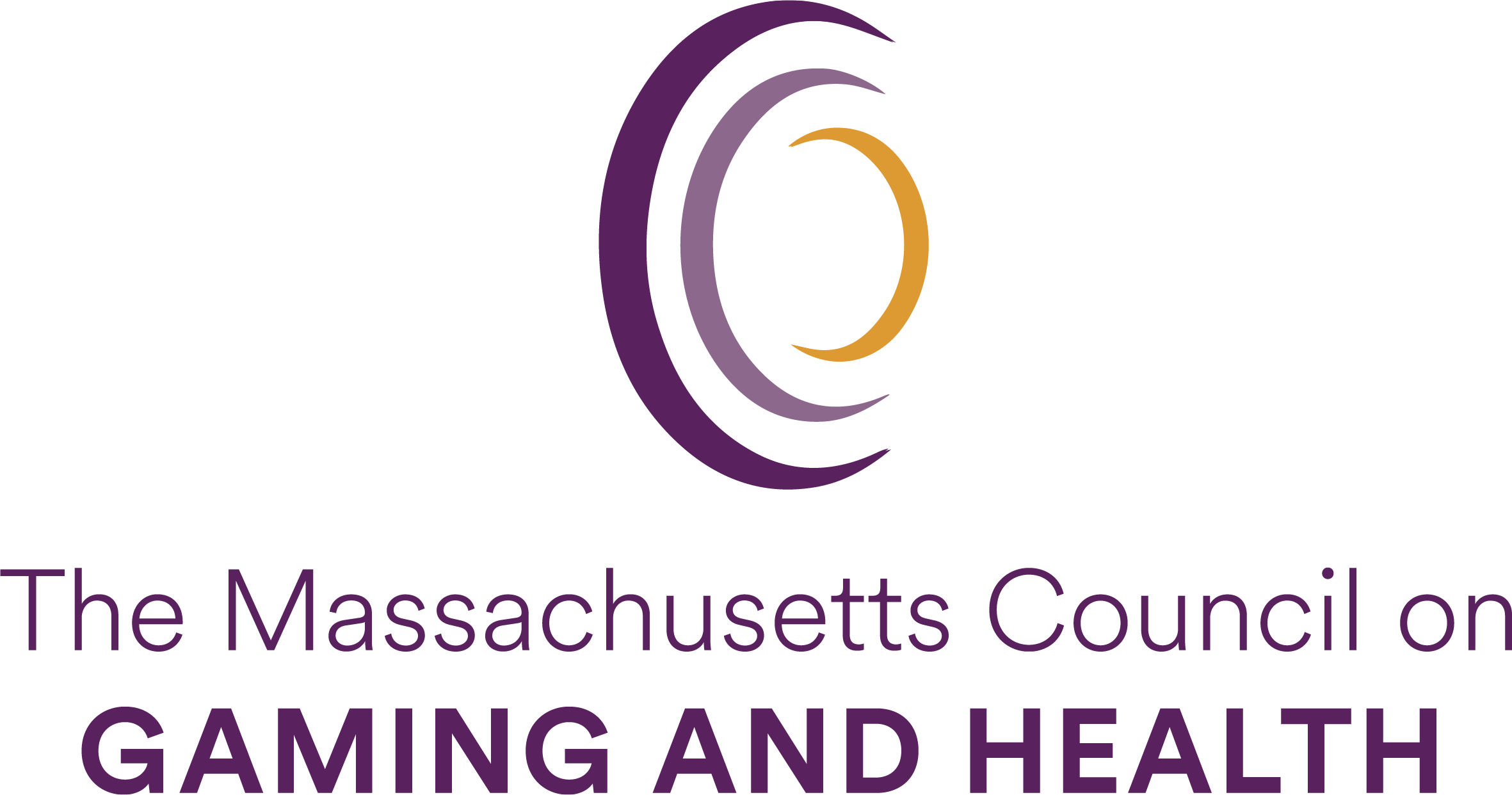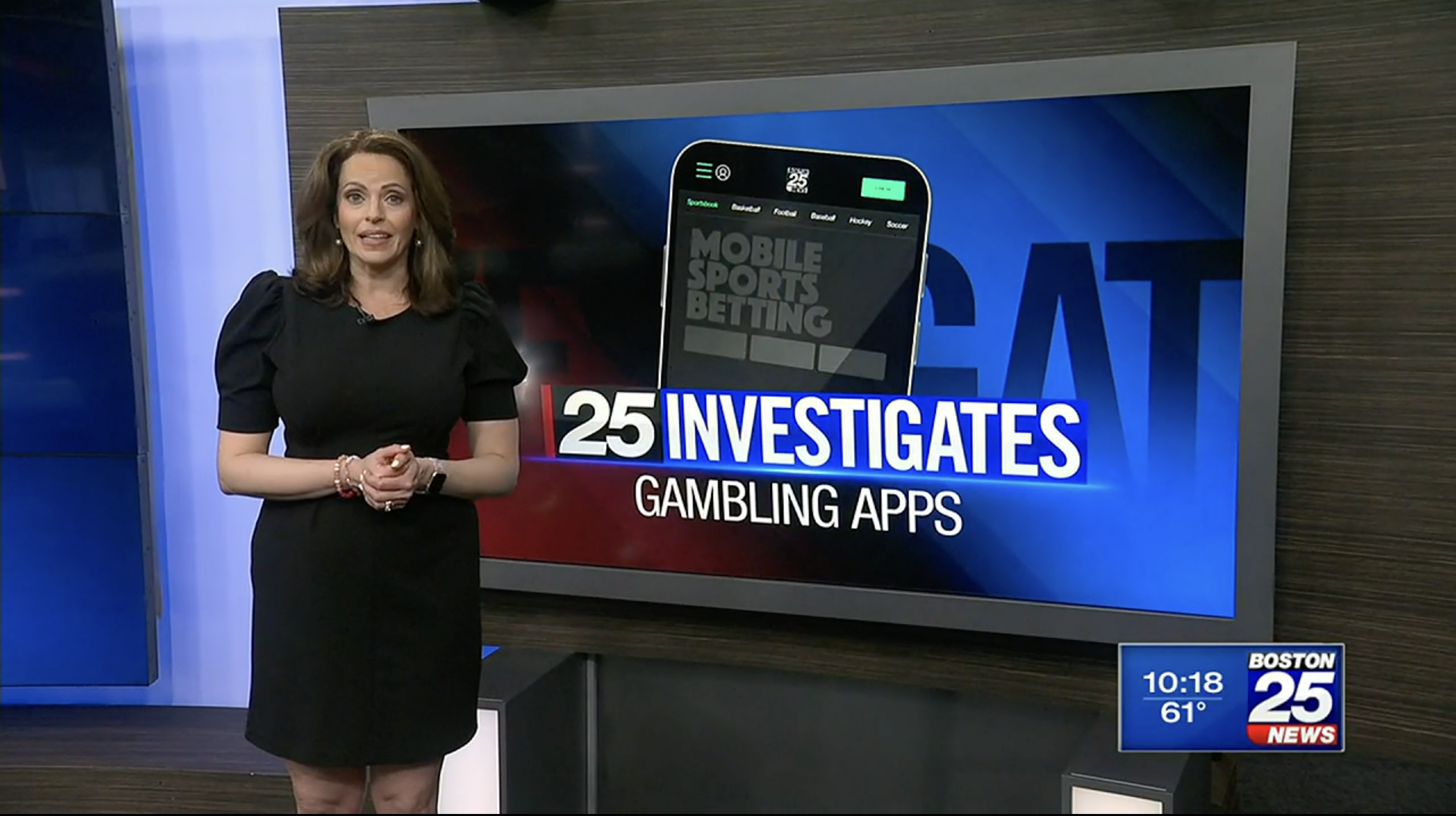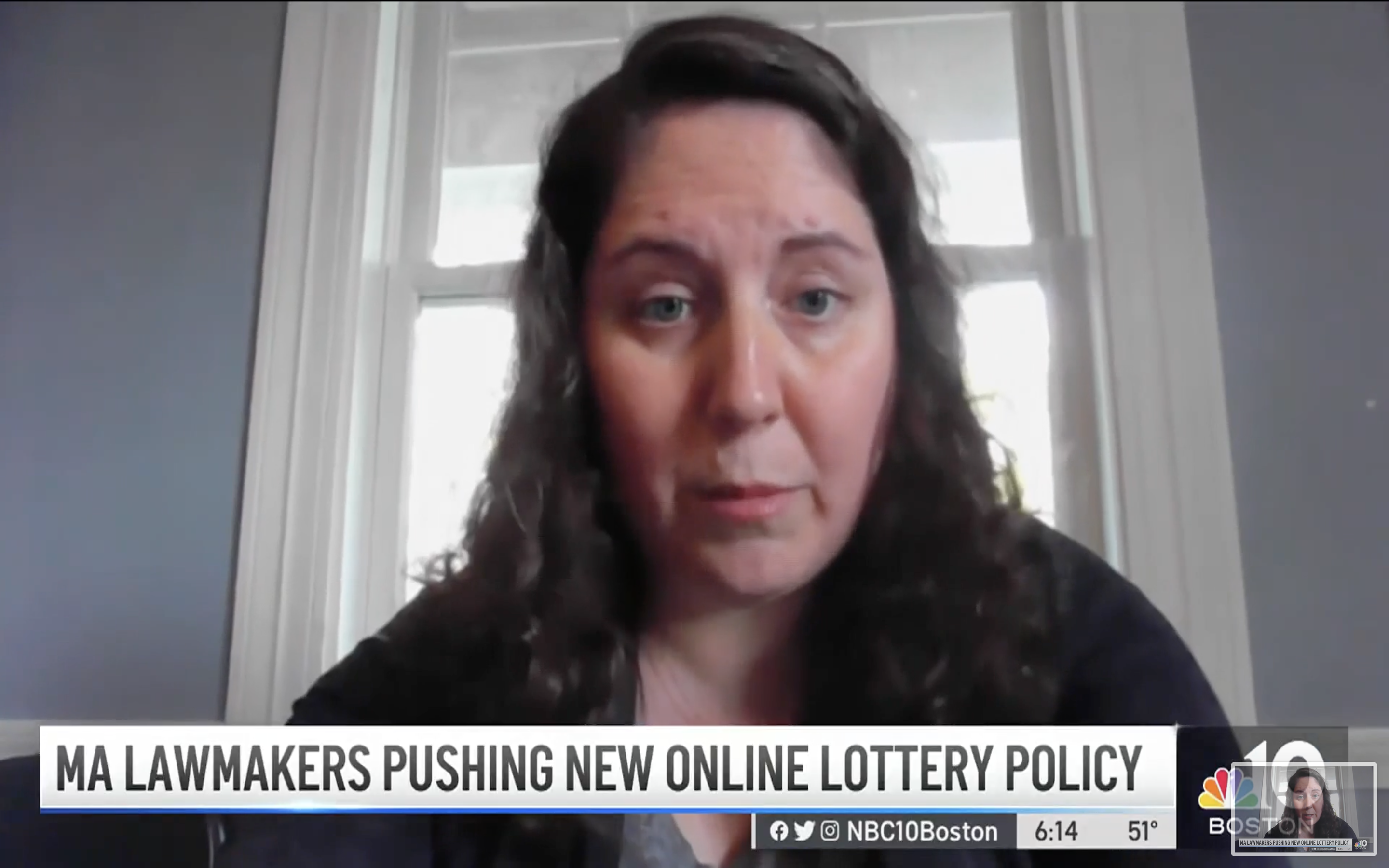For Immediate Release:
March 2, 2021
Media Contact:
Phil Sherwood
Director of Communications & Marketing
Cell: 603.229.9891
psherwood@macgh.org
March is Problem Gambling Awareness Month
Advocacy Group: Sports Betting Safeguards Necessary
Norwood, MA – As March Madness reaches a crescendo this month with an estimated $10 billion in bets placed on the NCAA basketball championship games each year, calls to Problem Gambling Helplines typically spike an average of 30% during the month.
And this March, while college athletes are warming up for some of the biggest games of their careers, Massachusetts lawmakers are gearing up to take legislation action on legalized sports betting in the Commonwealth – approval that increasingly seems likely this year.
“MACGH is here to remind legislators, media, and citizens alike that it is not enough to look for new revenue and entertainment from sports wagering, but it is also important to require mechanisms to keep gambling safe and fun, and to provide a safety net for those that may need help,” said Marlene Warner, Executive Director of MACGH.
MACGH has taken a neutral stance on legal gambling and gaming and works with key stakeholders such as gaming operators, vendors, and regulators, clinicians, people in recovery, and other community-based agencies.
Warner believes gambling is safest when happening in a regulated environment, rather than through illegal websites or local bookies. “Although we are neutral on legalized gambling, we know gambling occurs, and we’d prefer it to happen in an open and transparent venue, where safeguards are mandated, and services are provided to those in need.”
MACGH recommends that, building on the success of the 2011 Expanded Gaming Bill, any proposed sports gambling legislation include items that increase protective factors for players and minimize the potential harms. These details would include game and player protections like:
- 5% of revenue to the Mass. Gaming Commission to deliver Responsible Gambling (RG) programs and to distribute to community agencies most in need
- GameSense branded programs and marketing for all operators
- Requirements for RG corporate policies and plans
- Research agenda and evaluation of all RG programs
- Employee training annually, and specific to job function
- Limit setting on wins, losses, and time
- Algorithms to determine vulnerable play; popups that direct players to help
- Voluntary Self-exclusion programs and cool down optouts
“To date, the comprehensive protections needed in the legislative language have yet to be presented,” noted Warner. “The legislative process may be early, and we know the Commonwealth has traditionally taken a strong stance towards mitigating the harms of gambling, but we can’t afford to fumble this opportunity to protect the public from sports gambling.”
Research indicates that anytime new forms of gambling are introduced, additional problems and concerns are subsequently seen, which requires additional dollars for services.
Gambling addiction, or gambling disorder, is a progressive addiction characterized by increasing preoccupation with gambling. Research estimates about 8.4% of the MA adult population are at-risk gamblers. for many residents of the US, gambling remains a hidden addiction.
If you have questions about your gambling, or that of a loved one, please visit www.macgh.org. If you are seeking gambling and or substance use disorder treatment, call the Mass. Problem Gambling Helpline at 1-800-327-5050.
About the Massachusetts Council on Gaming and Health:
The Massachusetts Council on Gaming and Health (MACGH) is a statewide non-profit agency that promotes public health by mitigating the negative personal and community impacts of gambling and gaming.
We accomplish our mission through training and education, federal and state advocacy, research and gaming play information, and prevention and recovery programs. We serve individuals who game and gamble, and their loved ones. Since its inception in 1983, the Mass. Council has taken a neutral stance on legal gambling and gaming and worked with key stakeholders such as gaming operators, vendors, and regulators, clinicians, people in recovery, and other community-based agencies. For more information, visit www.macgh.org
###




